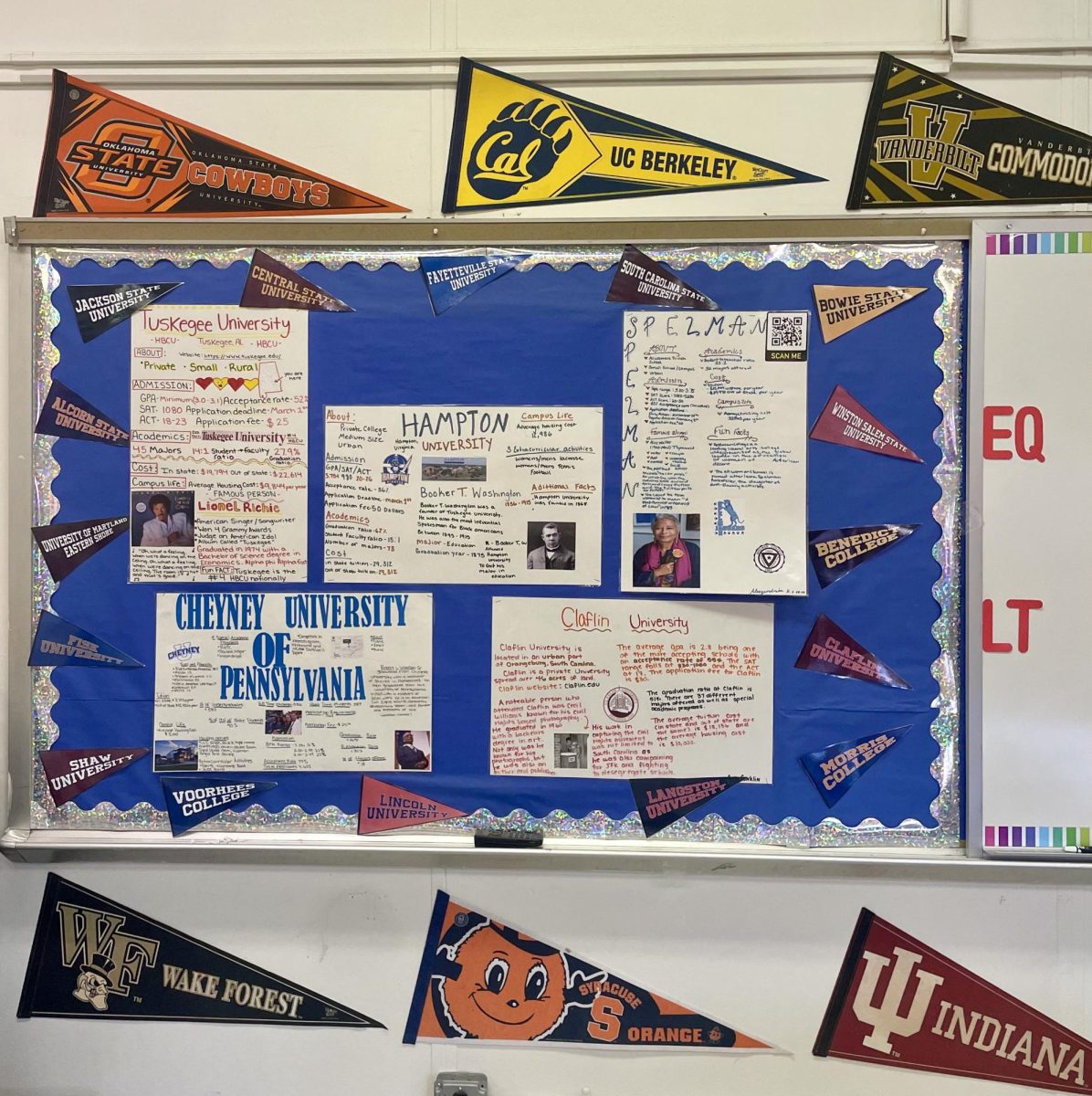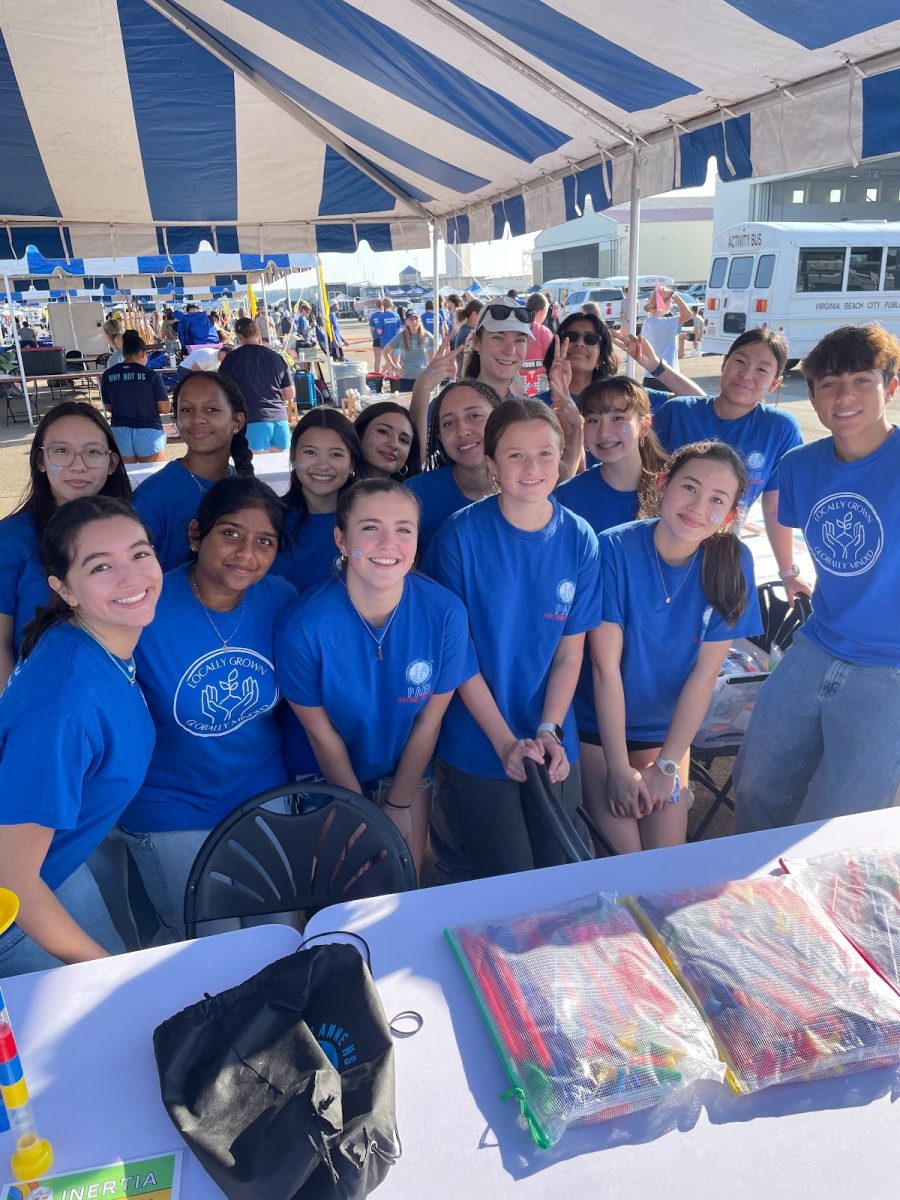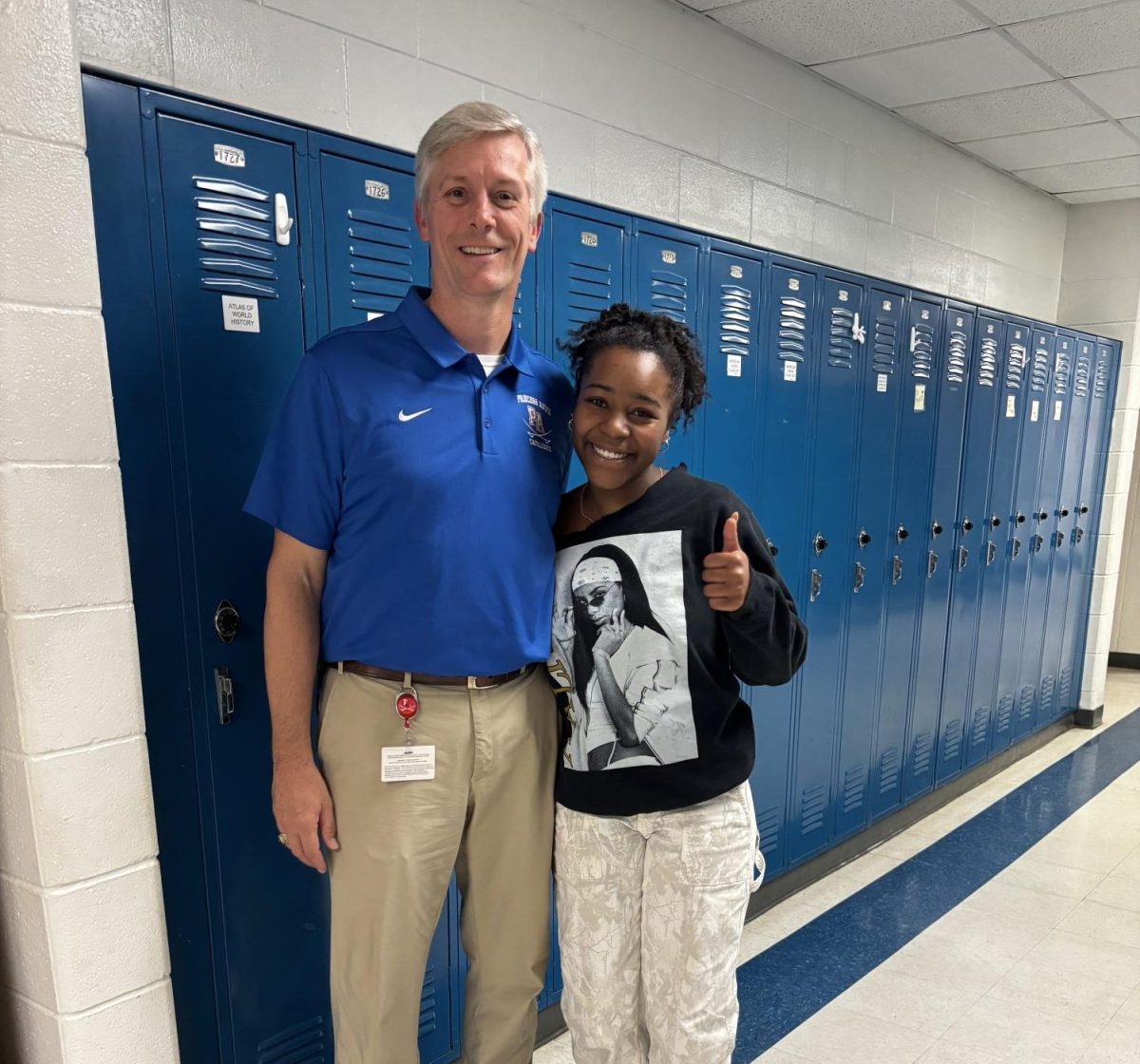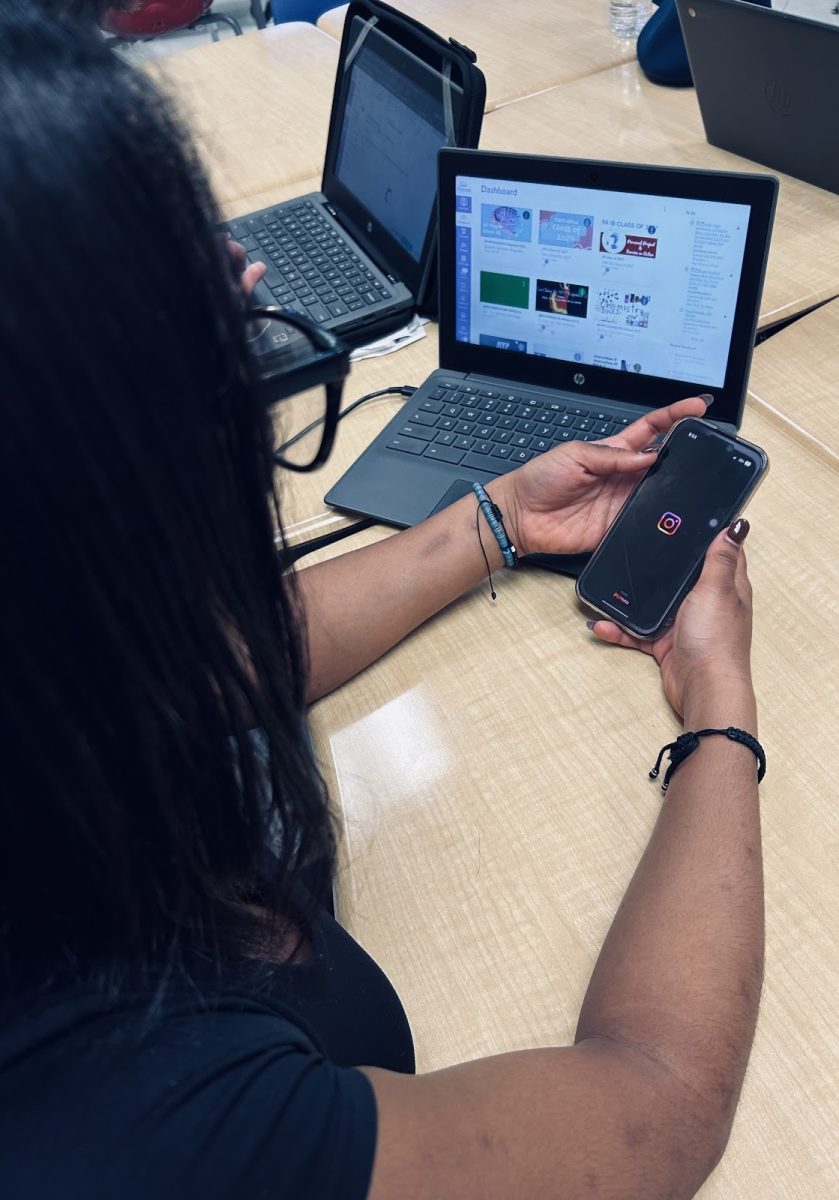With the arrival of the second semester, the season of college applications persists, with high school seniors continuing to receive the results of their applications to colleges across the country. Then not too long following graduation for these seniors, many current juniors will endure the process of applying and receiving results for college applications.
Overall, the application process is known as notoriously stressful for many, including senior Teena Hamada. She describes her experience applying to college as “super stressful.” Specifically, she describes she struggled figuring out which college was the best fit for her and what colleges were worth applying to.
But Hamada is inevitably not the only senior who has faced setbacks throughout this process.
Senior Samaya Alvarez also faced struggles, saying, “the largest obstacle for me is getting over the ‘what if I don’t get in’ mindset. It makes me nervous how much this determines the course of my life.”
However, senior Tiyana Mattox, who will be attending Harvard University in the Fall, says her biggest challenge when filling out her applications was “trying to manage [my] time as a senior.” Seniors like Mattox, who participate in numerous extracurricular activities, such as sports, jobs, and clubs, have a hard time devoting time to work on their applications.
Mattox’s biggest piece of advice when applying for college is to do a substantial amount of research on colleges prior to starting the application process. “I spent a lot of time researching colleges as well as spending time getting to know what you want in a college,” she explains. “I changed my top college so many times, from the end of junior year right up until I submitted my application.”
In the process of applying to college, many college hopefuls know there are many terms thrown around that can cause confusion, like the difference between early action and early decision.
Early decision is an admission plan that holds the most benefits for a student who is very sure on what college they want to attend and meets the admission profile for the college, according to the College Board. Early decision students apply early to a college and are able to receive results earlier than other admission plans, usually receiving results in December, but the plan is binding. If the student is accepted to the school with early decision, they must attend the college and withdraw all other applications.
Hamada highlighted the opportunity to apply early decision: “I recommend applying early decision. . . because you are binded to attend, there is a higher chance of getting in. But only do this about a school you are passionate about going to.”
On the other hand, applying early action is nonbinding and allows applicants to receive the university’s decision earlier than usual, which allows the applicant more time to either apply to more schools or get ready to attend a school earlier, as stated by the College Board.
Alvarez emphasizes the importance of asking for help when needed while applying to college. “Let the school help you,” she says. “Whether that is teachers or counselors…they can offer a lot and make [applying to college] a less overwhelming process.”
Senior Raelene Ambrose also emphasizes the help and experience guidance counselors can provide during the process. According to Ambrose, transcript details and class ranks are key pieces of information to one’s application. “Guidance can help understand transcripts and let you know your class rank,” Ambrose explained.
Overall, many seniors would agree that the college journey is a mentally-draining experience. Mattox explains how easy it is to become obsessed with conversations regarding SAT/ACT scores, GPAs, extracurriculars, and more. She advised to “never compare yourself to others…at the end of the day, everyone, and yourself included, will end up where they are meant to be.”













